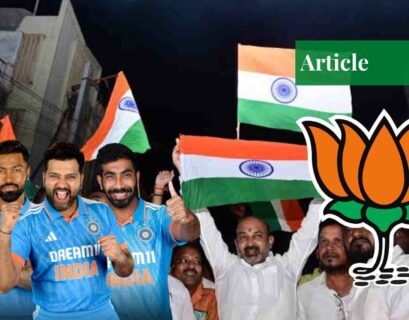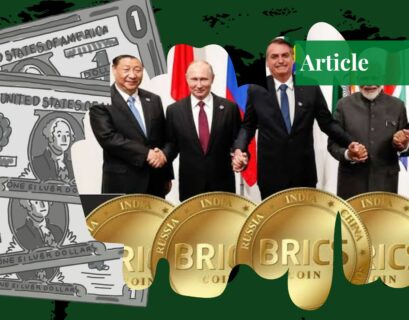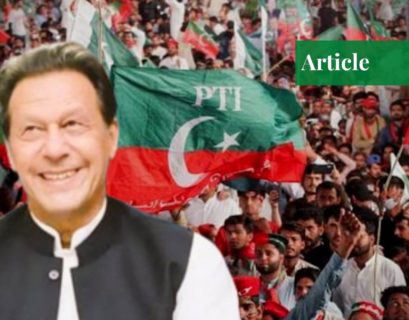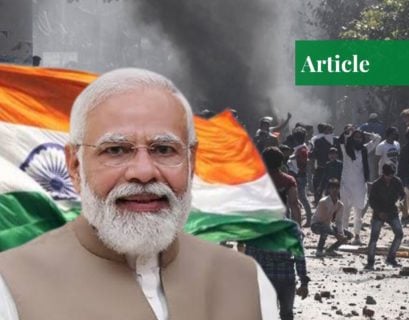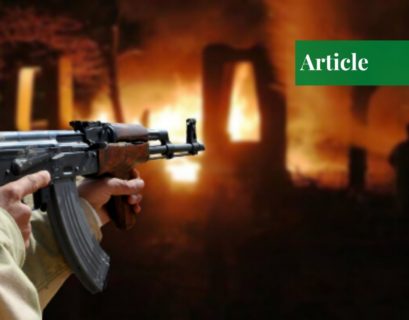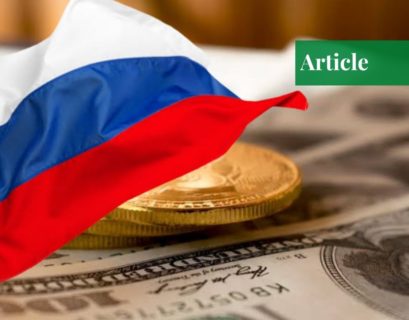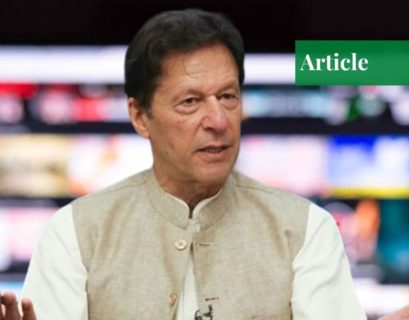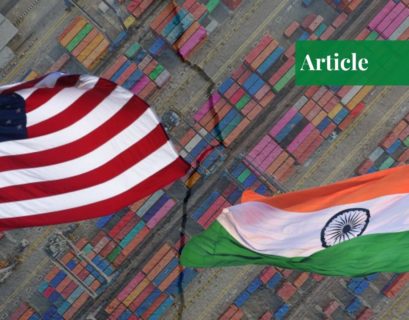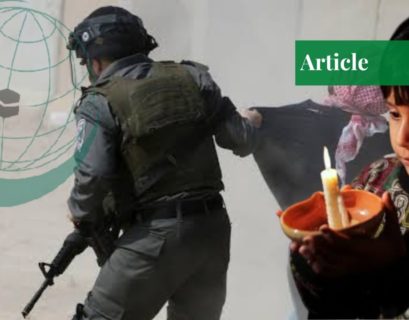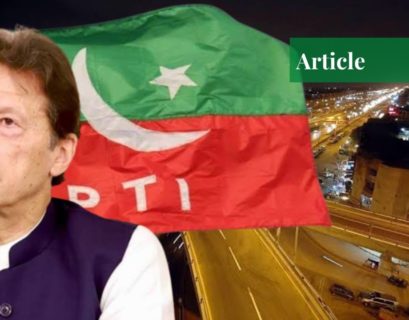BJP and its Politics of Cricket
Cricket–and the World Cup–in India have become more than just an event for the people to enjoy. For Modi and the BJP, hosting the ICC World Cup is just one more feather of international recognition in their caps, following the G20 summit just weeks ago.
It could be due to the fact that sports and entertainment have a way of going where historically politics and state media have had a hard time penetrating.
The US Dollar vs BRICS: Is the American Financial Order Declining?
Muhammad Mustafa Ahmed Khan discusses the historical dominance of the American currency, the dollar. He examines the challenges to the supremacy of the US dollar and, additionally, to the American financial order, posed by the economic policies of the BRICS member states. Though they might not match the US individually, together these states contribute significantly to the global economy. Their decision to trade in their respective currencies itself poses a threat to the dollar.
Examining PTI’s 2018 Manifesto
Muhammad Mustafa Ahmed Khan appraises PTI’s performance from 2018 to the party’s abrupt end in April 2022. The party’s own 2018 manifesto is reviewed to understand the contributions that it has been able to make — and the damage it has left in its wake.
Modi’s India & Hindutva-related Communal Violence
Communal violence in India has significantly increased since Narendra Modi’s Bharatiya Janata Party came to power in 2014. The rise in violence against Indian Muslims, in particular, can be attributed to the BJP’s promotion of Hindutva and its support for the creation of a Hindu-dominated state. The author, Muhammad Mustafa Ahmed Khan, notes that the Modi regime’s implementation of the Citizenship Amendment Act and the revocation of Article 370 are a representation of its anti-Muslim policies. He argues that while Pakistan has condemned India’s human rights abuses, the US has remained silent to maintain its economic ties with India.
The Critical Security Issues of Pakistan: Terrorism, Blasphemy & Sectarian Violence
Despite several years of relative calm and stability, the spectre of terrorism is rearing its head in Pakistan again. With dozens killed and several more wounded in just the past few months, many fear that Pakistan is going down a dark path back to its past, a past riddled with too many bullet holes. The Declaration of the United States’ War on Terror in the aftermath of the 9/11 bombings has resulted in untold carnage and death, most particularly in the countries of Iraq, Afghanistan, and Pakistan.
“Gold Russ-h”: The Russian Ruble vs USD
Facing enormous sanctions and economic setbacks, the Russian state is grasping at straws as it attempts to keep its economy afloat. Pegging the ruble to gold was a last-ditch attempt by Russia, but it seems to have struck gold. Or has it? The author, Muhammad Mustafa Ahmed Khan, explains the value and current state of gold, the dollar, and the ruble in the global financial markets following the sanctions on Russia.
India and the US: A History of Strained Relations
Ever since it gained independence in 1947, the Republic of India has had strained ties with the United States, a trend that continues today. Despite instances of co-operation on issues like international counter-terrorism, trade, and economic development, the two largest democracies in the world have often diverged on questions of strategic importance, a divergence that has been exacerbated and brought into the spotlight by the recent Russian invasion of Ukraine, which is now continuing into its second month.
The 48th Session of the OIC Council of Foreign Ministers in Pakistan
The delegations of over 50 member countries of the Organisation of Islamic Cooperation congregated in Islamabad on the 22nd of March for the 48th Session of the OIC Council of Foreign Ministers. The two-day meeting resulted in the adoption of the Islamabad Declaration; a historic set of resolutions detailing the policies and attitudes of the Muslim world regarding Palestine, Kashmir, and other world crises. The conference was titled and themed “Partnering for Unity, Justice, and Development.”
Assessing the Political System in Pakistan Amid the No-Confidence Vote
Prime Minister Imran Khan’s public support holds great promise, but it might not be enough to survive the vote of no-confidence. The author, Muhammad Mustafa Ahmed Khan, examines PTI’s failures, the opposition’s attempts, the apprehensive public, and the untended democratic infrastructure.
